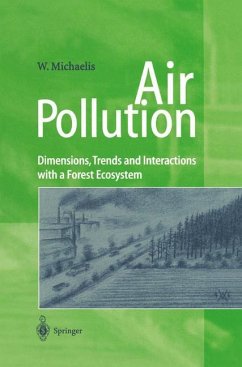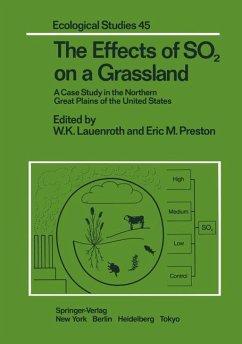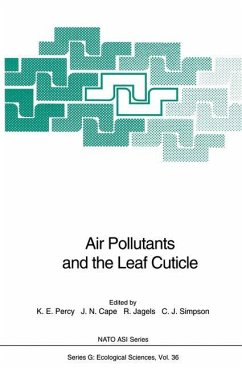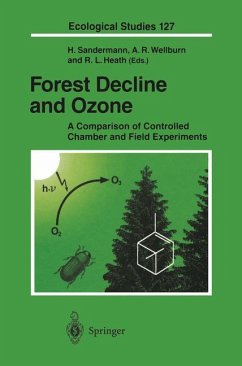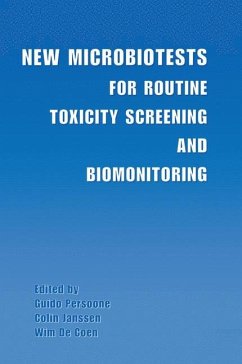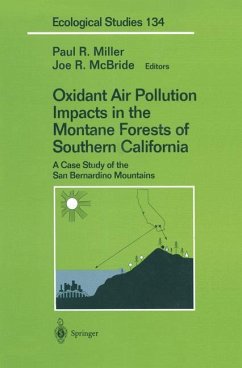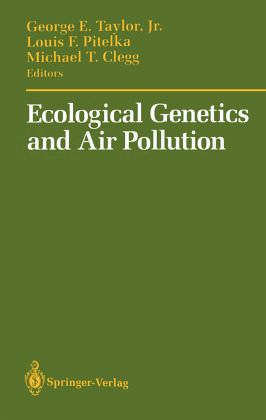
Ecological Genetics and Air Pollution
Versandkostenfrei!
Versandfertig in 1-2 Wochen
39,99 €
inkl. MwSt.

PAYBACK Punkte
20 °P sammeln!
Human activities influence the chemical and physical properties of the atmosphere; examples are increases in troposphere concentrations of ozone, carbon dioxide, oxides of nitrogen and sulfur, heavy metals and UV-B radiation. Many of these changes can alter the physiological status of terrestrial vegetation through either inhibition or enhancement of growth and reproduction, thereby influencing the ability of sensitive plants to compete for limited resources. As a result, air pollution stress may be changing the genetic structure of plant populations. In this book, leading researchers with a b...
Human activities influence the chemical and physical properties of the atmosphere; examples are increases in troposphere concentrations of ozone, carbon dioxide, oxides of nitrogen and sulfur, heavy metals and UV-B radiation. Many of these changes can alter the physiological status of terrestrial vegetation through either inhibition or enhancement of growth and reproduction, thereby influencing the ability of sensitive plants to compete for limited resources. As a result, air pollution stress may be changing the genetic structure of plant populations. In this book, leading researchers with a broad, interdisciplinary range of expertise discuss the known and measurable effects of pollution on terrestrial vegetation within the framework of ecological genetics, as well as suitable experimental methodologies to analyze the often novel or unusual effects of such environmental stresses. For environmental researchers and managers, Ecological Genetics and Air Pollution will be a welcomed introduction to this field of growing importance for long-term ecological studies.





